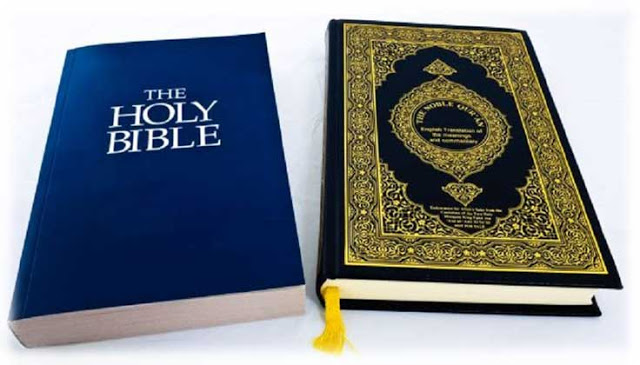Mexico is a predominantly Catholic country, with about 81% of the population identifying as Catholic. The influence of Catholicism in Mexico can be traced back to the arrival of Spanish conquerors in the 16th century. The Spanish brought Catholicism with them, and it quickly became the dominant religion in Mexico.
Despite its dominant status, Catholicism in Mexico has been influenced by indigenous beliefs and practices. Many Mexicans incorporate indigenous traditions into their Catholicism, creating a unique blend of religious beliefs and practices.
In addition to Catholicism, there are also significant Protestant and Evangelical Christian communities in Mexico. These communities have been growing in recent years, with about 9% of the population identifying as Protestant or Evangelical Christian.
There are also smaller religious communities in Mexico, including Jehovah’s Witnesses, Mormons, and Seventh-day Adventists. In addition, there are also small communities of Jews, Muslims, and Buddhists.
Religious practices in Mexico vary depending on the religion and region. In Catholicism, the Virgin of Guadalupe is a central figure, and her image can be found in churches and homes throughout Mexico. Many Mexicans also participate in religious processions and celebrations, such as the Day of the Dead, which blends indigenous and Catholic traditions.
In Protestant and Evangelical Christian communities, worship services are often more informal than in Catholicism, with a focus on personal relationships with God. Many of these communities also emphasize social outreach and service, such as providing food and clothing to the poor.
Despite its predominantly Catholic population, Mexico has a history of religious conflict and persecution. In the 19th century, the Mexican government enacted laws that restricted the power of the Catholic Church and confiscated Church property. These laws were intended to promote secularism and reduce the power of the Church in politics.
In recent years, there has been increasing debate in Mexico about the role of religion in public life. Some Mexicans believe that the Church should have a greater role in shaping public policy, while others advocate for a strict separation of Church and state.
In conclusion, religion in Mexico is a complex and diverse topic, influenced by a range of cultural, historical, and political factors. Despite its predominantly Catholic population, Mexico has a growing Protestant and Evangelical Christian community, as well as smaller communities of other religions. Religious practices and beliefs in Mexico vary depending on the region and the religion, but they continue to play an important role in Mexican culture and society.


Leave a Reply